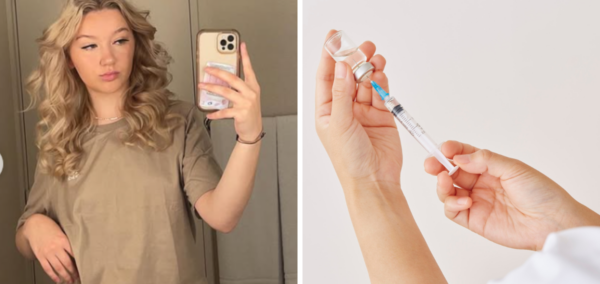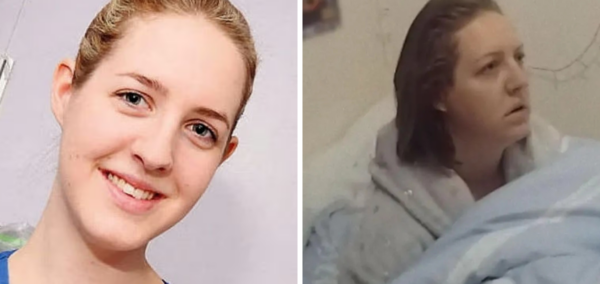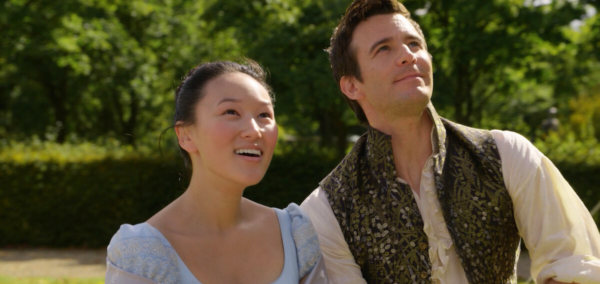
New Swansea Uni research highlights the need for menopause support for autistic people
‘We urgently need recognition of the different communication and access needs Autistic people have during menopause’
New research by Swansea University has highlighted the need for increased support and research into how menopause affects autistic people.
In newly published systematic research of academic studies, alongside first-hand accounts, the university was used to explore autistic people’s personal experiences of menopause.
The recent research, published in Autism in Adulthood, was led by Dr Aimee Grant from Swansea University’s School of Health and Social Care.

Swansea University via Google Maps
Dr Grant is an autistic wheelchair user who specialises in research and activism for the autistic community with the aim to improve reproductive health.
The Associate Professor identified three key findings in her study which highlighted the gaps in research about menopause for autistic people.
Adding to Dr Grant’s extensive research, she continues to spread awareness with an aim to educate through the YouTube channel Autism from Menstruation to Menopause.
The findings of the study concluded to be, a lack of knowledge about the menopause, experiences of a broad range of menopause symptoms and inadequate treatment of menopause symptoms.
Alongside the main focus points from the data, Dr Grant also highlighted the importance of online forums and peer groups, as they act as a “crucial role” in being able to understand their symptoms.
Although the symptoms are typical of menopause, it has been found that autistic people would find these more challenging due to their sensory sensitivities becoming increased.
The increased challenges faced by autistic people during menopause were said to include: mental health challenges, cognitive issues, fatigue, reduced functioning, sleep disturbances, hot flushes and night sweats.
For an autistic person with sensory challenges and overstimulation, these menopause symptoms therefore create an overwhelming experiences of distress within their bodies.
Most Read
Due to these additional challenges, the study found that autistic people had worse symptoms than non-autistic people, which have impacted their sexual and work relationships.
Dr Aimee Grant additionally highlighted the ares which are lacking sufficient research.
These areas included, the impact of menopause on undeserved groups within the autistic community, and urogenital symptoms (e.g. urinary incontinence).
Dr Grant also mentioned the insufficient amount of research about the effectiveness of Hormone Replacement Therapy (HRT), and development and testing of tools in order to support autistic people during menopause.
In reference to the research published and identified gaps in research, Dr Grant said: “My review shows there is a real need to develop high-quality, co-produced sources to help autistic people prepare for and navigate menopause.
“I also think that peer support models should be explored and evaluated and that healthcare professionals need to have tailored training and information to provide appropriate care for autistic people during this life stage.”
Leading on from Dr Grant’s comments, the director of Autistic UK, as well as one of the study’s authors, Willow Holloway, added: “We urgently need recognition of the different communication and access needs autistic people have during menopause.
“It’s important that health professionals focus on the additional barriers of being autistic, which can create a double-edged sword by adding to existing health inequalities.”
The director called attention to the lived experiences of the participants of the study, in addition to calling attention to the beed for “solutions” to be “co-developed.”
Featured image via Swansea University and Canva






















